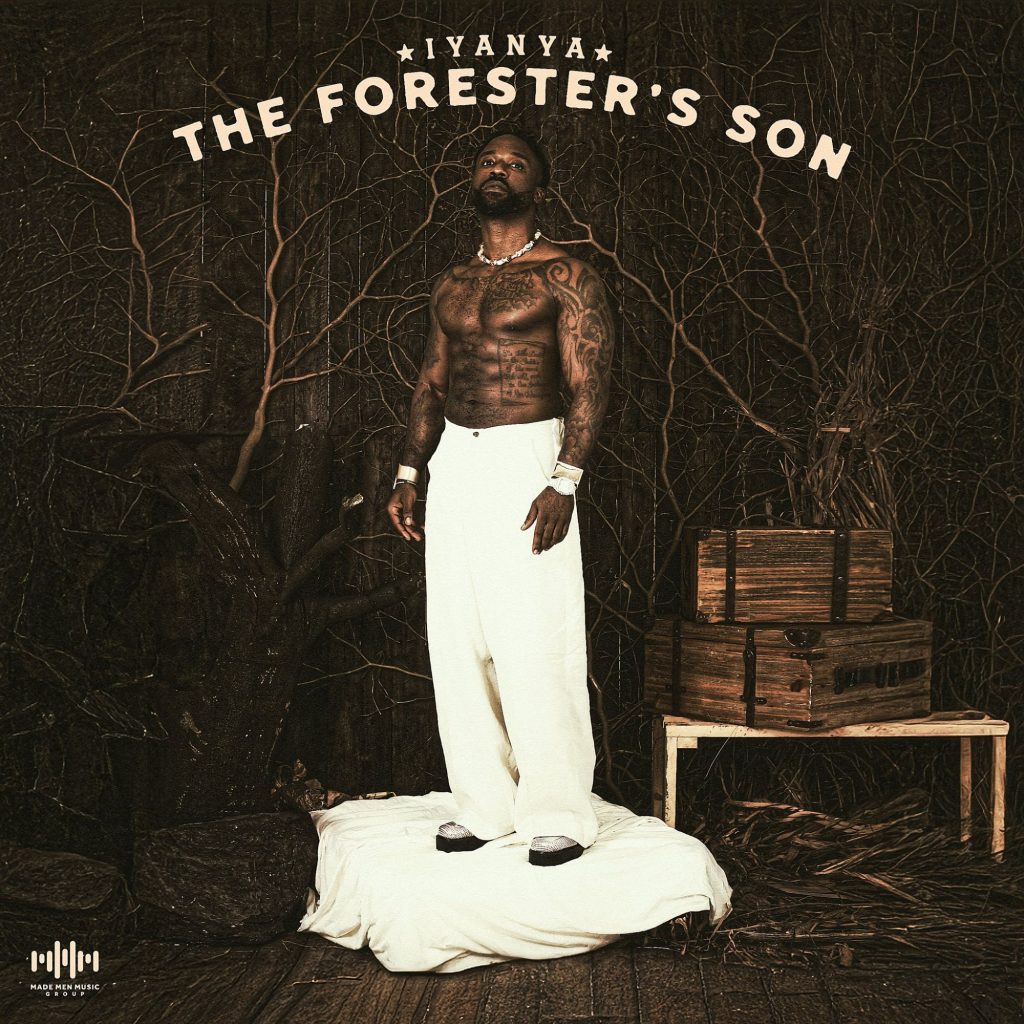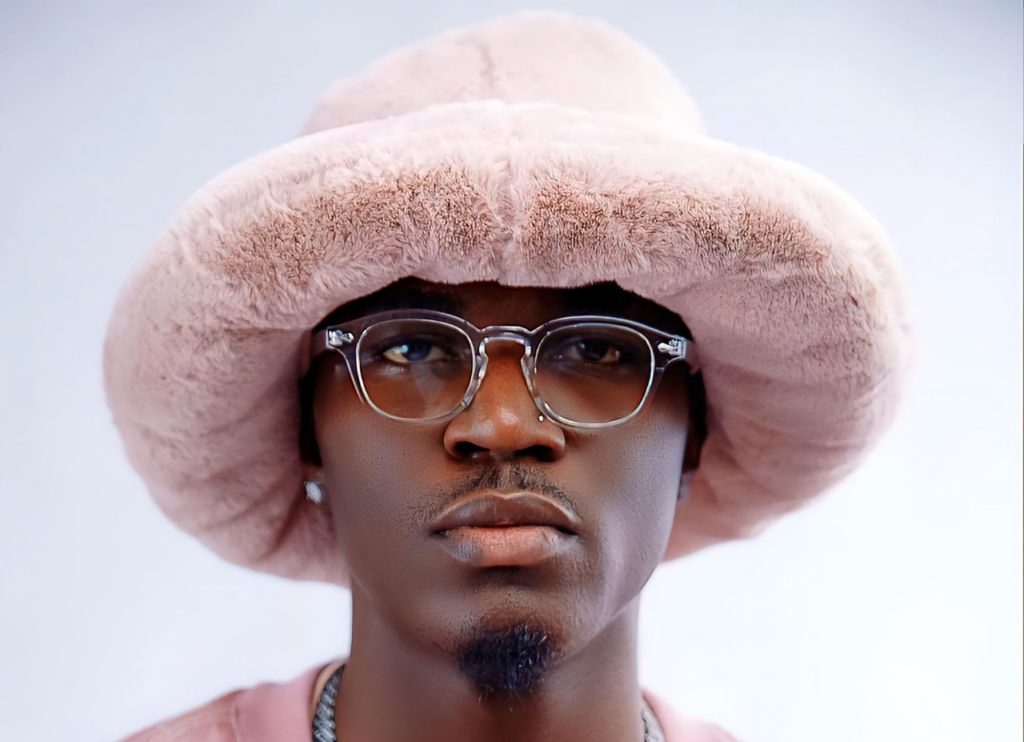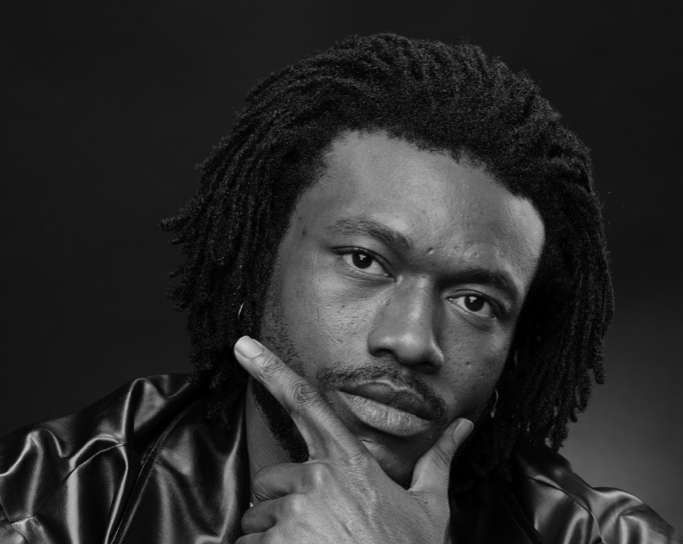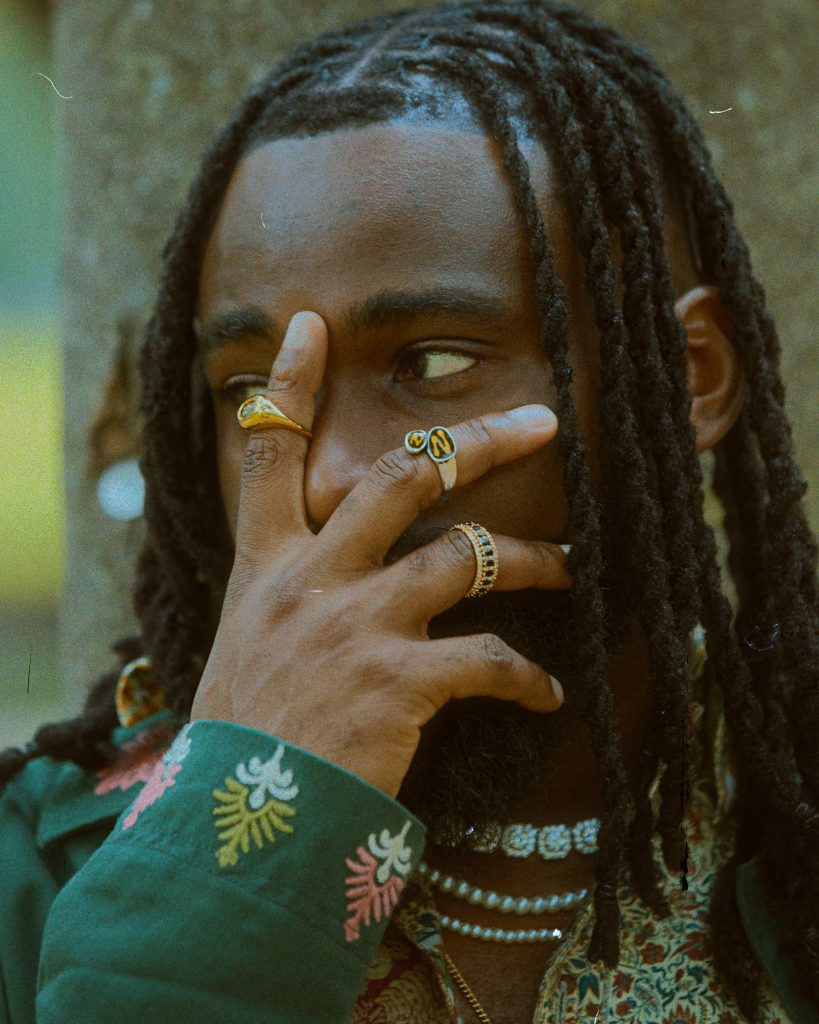Sodiq Badmus Ishola—better known by his stage name ZIRO KINGIN—emerged from Oyo State but was truly forged in the teeming streets of Surulere, Lagos.
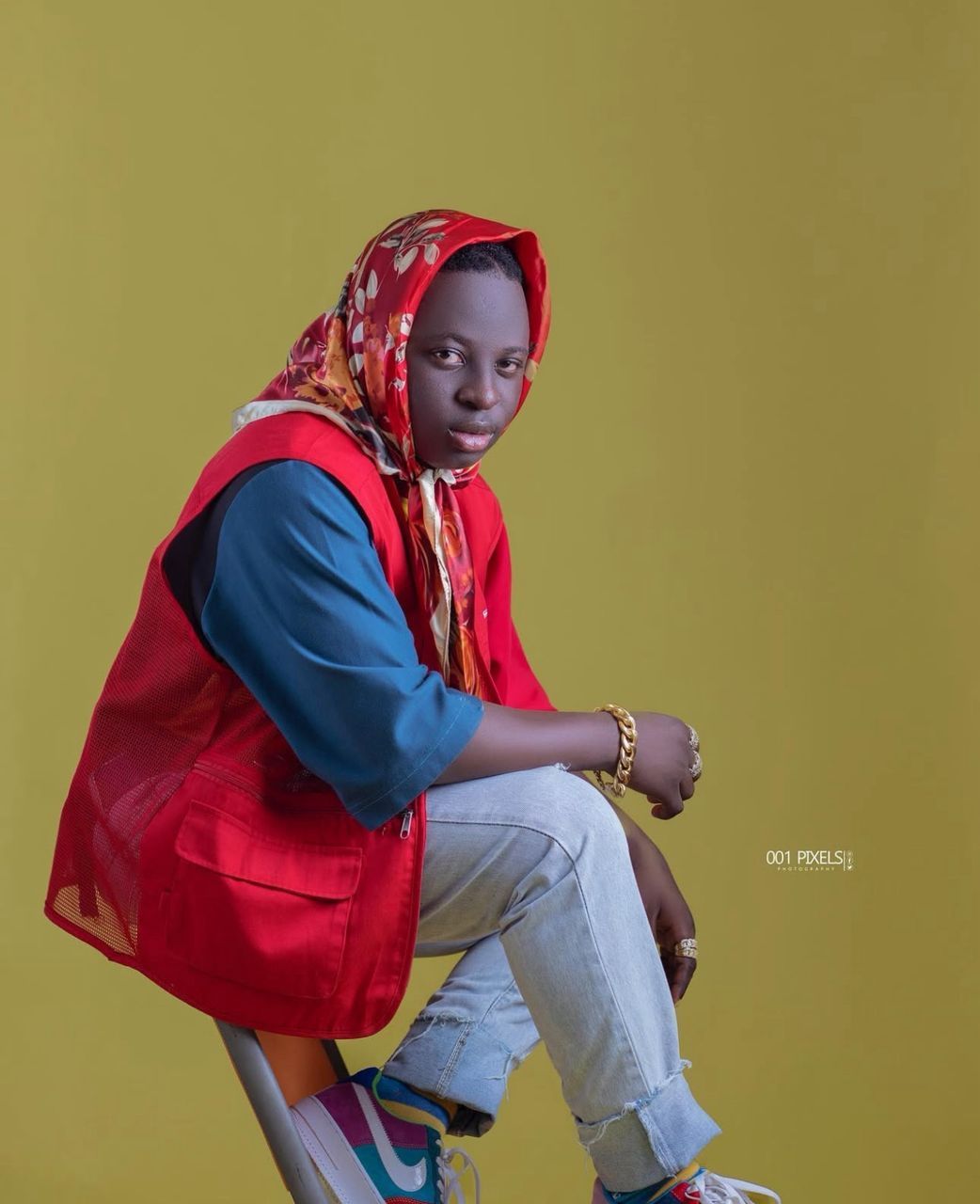
Born in the late 1990s, he discovered his voice early, channeling the grit and resilience of his neighborhood into an indigenous rap style that seamlessly blends Yoruba and English.
While still in secondary school, he dropped his first mixtape, Hustle, at just fourteen, announcing himself as a storyteller with an unflinching sense of reality.
He went on to earn a BSc in Criminology from the National Open University of Nigeria, never letting academe dilute the authenticity that defines his music.
Over the years, ZIRO KINGIN has built a reputation not on glossy pop hooks but on street wisdom and unwavering integrity—a documentarian of hustle, pain, and hope whose work resonates with anyone who knows struggle and refuses to be silenced.
“From Hustle to Legacy” – An Interview with ZIRO KINGIN, The Street-Conscious Rap Voice You Should Know
Interviewer: Today, we’re sitting down with one of Surulere’s finest lyrical exports — indigenous rapper ZIRO KINGIN. Known for his raw authenticity, street wisdom, and unwavering loyalty, Ziro is more than just a musician — he’s a storyteller, a survivor, and a student of the hustle. Welcome, ZIRO.
ZIRO KINGIN: Thank you. It’s a pleasure to be here. I appreciate the love.
EARLY LIFE & ROOTS
Q: Let’s start from the top — who was Sodiq Badmus before he became ZIRO KINGIN?
ZIRO:
Sodiq was just a regular boy from Surulere — playful, curious, and always surrounded by sound. I grew up in a neighborhood full of energy, where you had to be sharp to survive. Music was everywhere. The name ZIRO KINGIN came from that hunger — to be different, to rise above the average, and to represent where I come from without pretending to be something I’m not.
Q: Growing up in Surulere must have had a huge impact on your style. How did the environment shape your music?
ZIRO:
Surulere raised me — from the slang to the street philosophies. Everything I rap about is real. I saw struggle early, and I also saw resilience. That blend shaped the way I write. I learned to speak both the language of pain and of hope. That’s why I rap in both Yoruba and English — it’s how we survive here.
Q: How did your family respond to you making music while still in school?
ZIRO:
At first, they didn’t take it seriously. I was just a kid in SS1, and they saw music as a distraction. But when I dropped Hustle at 14 and it started making waves in the neighborhood, people began to pay attention. Over time, my parents saw that it wasn’t just a hobby — it was a calling. But I still stayed in school. I later earned a BSc in Criminology from the National Open University.
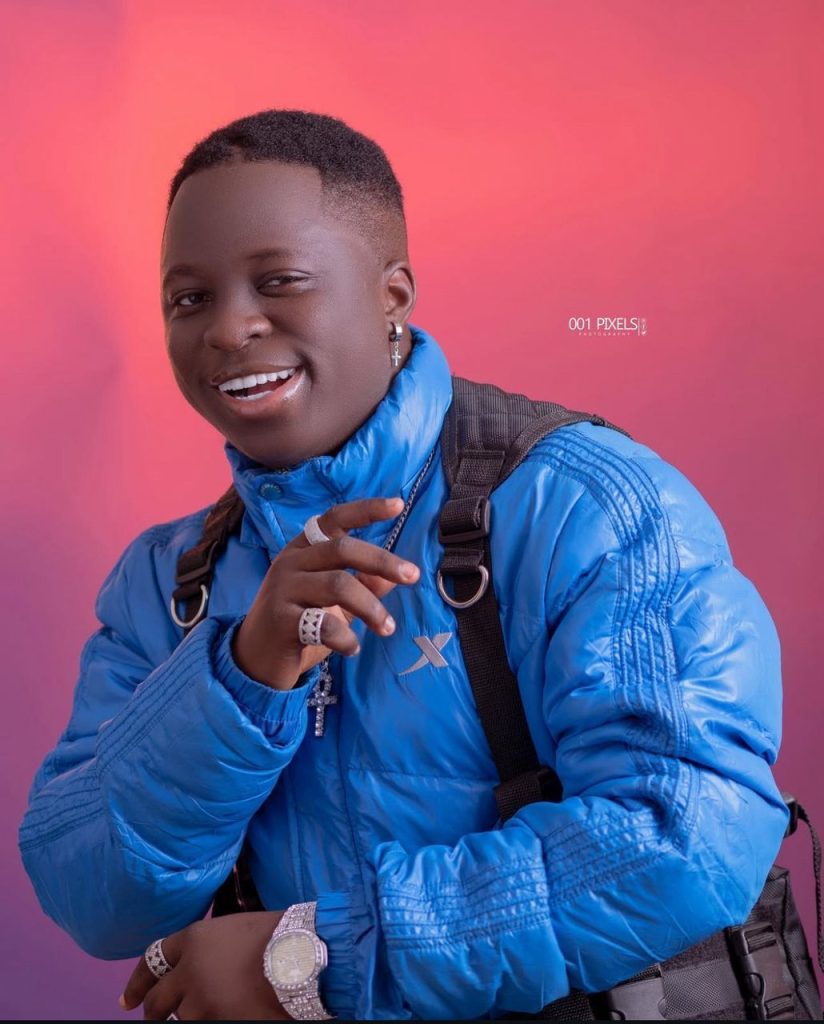
MUSIC JOURNEY
Q: You dropped your first mixtape, “Hustle,” at just 14. What inspired you at that age to start making music?
ZIRO:
I saw what my people were going through. The older boys were either getting locked up or hustling to feed their families. I wanted to be a voice. Hustle was my way of showing that even at 14, I understood the streets. I recorded it with small resources, but the heart was there. The streets of Surulere felt it, and that was all I needed to keep going.
Q: Your song “From the Lungu” with Dablixx OSHA hit hard. How did that collaboration come about?
ZIRO:
Dablixx and I connected over respect. We shared that raw, unpolished energy. When we made From the Lungu, we weren’t thinking charts — we were thinking truth. That song is still one of my favorites. It hit 1.5 million streams, and it wasn’t even backed by a big label. Just pure love from the fans.
Q: “So Far So Good” had real heat with artists like Seyi Vibez — what’s the story behind that and why did it get pulled down?
ZIRO:
“So Far So Good” was about progress — my journey, my pain, and my wins. Seyi Vibez and Bobzee jumped on the project before Seyi blew up. Unfortunately, when his new management came on board, they didn’t want any old material out there. It hurts, but I understand the game. Still, nobody can erase the work we did and the impact it had when it dropped.
Q: You’ve had videos shot, big names featured, and songs shelved. What are some of the hardest lessons you’ve learned about the industry?
ZIRO:
The biggest lesson? Talent is not enough. The industry is about timing, management, politics, and loyalty — or the lack of it. I’ve shot videos that never got released. I’ve had tracks buried because of label issues. But I’ve also stayed grounded. I refuse to play dirty or chase clout. That’s why people respect me, even in silence.
PERSONAL & CREATIVE DECISIONS
Q: You stepped back from music in 2022 to focus on your family — how did that decision affect you personally and artistically?
ZIRO:
It was necessary. Music will always be there, but your family needs your presence. Becoming a father gave me a new kind of purpose. It matured me. It made me write differently — less about flexing, more about legacy. That break helped me come back stronger, with clearer vision.
Q: You were close to the late Mohbad and even recorded a track together. What was your relationship like, and why have you chosen not to release the song?
ZIRO:
Mohbad was my guy — more than a colleague. We shared stories, dreams, and studio nights. After he passed, a lot of people rushed to drop unreleased stuff just to trend. I couldn’t do that. We made that song in trust, and releasing it now would feel like betrayal. It’s personal, my silence is my respect.
Q: How do you handle the pressure of seeing your peers gain mainstream traction while your work is often held back?
ZIRO:
I celebrate them. If you’re real, you know there’s space for everyone. My journey is different. I’m not in a rush to be viral. I’m building something solid — something that will outlive trends. I believe when it’s my time, it’ll be undeniable.
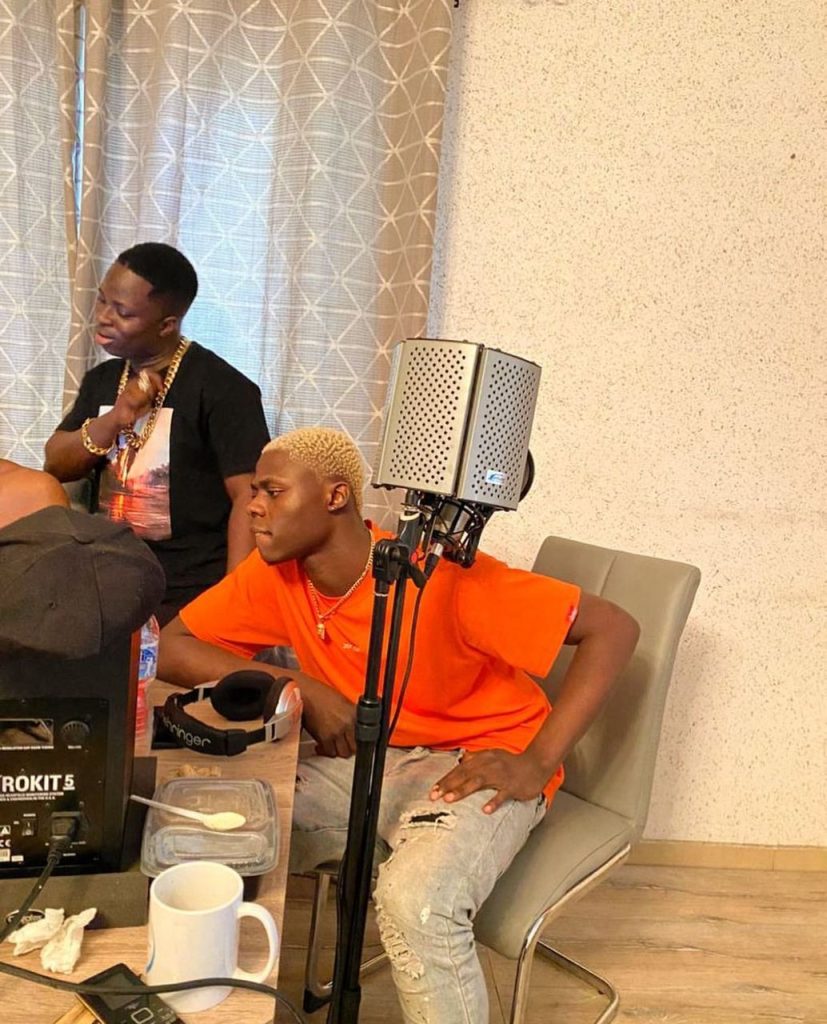
UNRELEASED GEMS & FUTURE MOVES
Q: There are rumors about unreleased tracks with Demmie Vee, Hotkid, and Lyta. Can we expect those to ever drop?
ZIRO:
Yeah, those tracks exist. They’re fire, no cap. But again, a lot of management issues got in the way. I won’t release them unless everything is clear and clean. But hopefully, someday soon, fans will get to hear them.
Q: You’re currently working on a movie — can you give us any clues about what it’s about and your role in it?
ZIRO:
It’s still under wraps for now, but I can say it’s a deep story rooted in the realities of Lagos youth. I’m not just acting — I’m involved in the soundtrack and the creative direction. It’s another way of telling my story, off the mic.
Q: Are you planning a full comeback to music? Any new project in the works?
ZIRO:
Definitely. The music never left me. I’ve been recording, building, and reflecting. A new project is coming — raw, reflective, and street-approved. No release date yet, but when it drops, they’ll know ZIRO KINGIN is back for real.
CULTURE & LEGACY
Q: As an indigenous rapper blending Yoruba and English, what does authenticity mean to you?
ZIRO:
Authenticity is doing you — not what the industry wants. It’s speaking your truth in your own language. Yoruba is not just my mother tongue, it’s my rhythm, my soul. I don’t chase global — I chase connections.
Q: If a new artist from Surulere asked for your advice, what would you tell them?
ZIRO:
Stay hungry, stay humble. Build your name before chasing fame. Don’t let clout confuse you — respect will take you further.
Q: How do you want ZIRO KINGIN to be remembered in this game?
ZIRO:
As the guy who stayed real, no matter what. A voice for the streets, a student of life, and an artist who never sold his soul. That’s the legacy I’m building.


